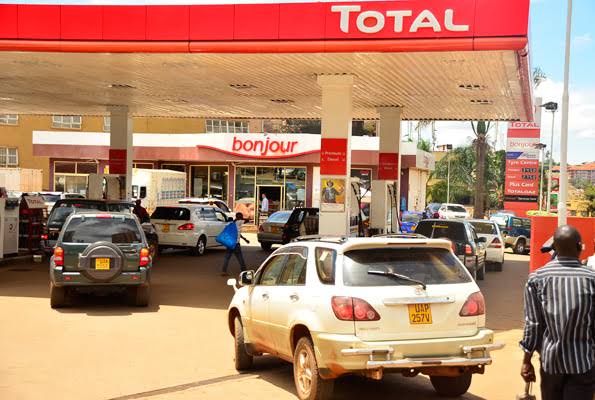In a shocking turn of events, the OPEC+ consortium has dealt a severe blow to the global economy, limiting oil production to a mere nine million barrels per day.
This move has sent petrol prices skyrocketing, leaving consumers in disbelief, misery that has also engulfed East African countries.
Kampala, once a haven for affordable fuel, now witnesses an alarming spectacle. Diesel prices flirt dangerously close to an astonishing 4,800 Shillings per liter, while petrol scoffs at reason, breaching an astounding 5,300 Shillings. The city is left in financial turmoil, with citizens struggling to make ends meet.
Nigel Green, the unyielding voice of deVere Group, issued a grave warning, stating, “OPEC+ is orchestrating an unholy symphony of petrol price torment, reigniting global inflation fears – a tempest that was barely abating. Central banks are poised to ascend to unprecedented interest rate altitudes.”
Despite the outcry, Saudi Arabia remains resolute, enforcing a production cut of one million barrels a day, pledging to uphold this economic stranglehold until December.
The nation’s output languishes at a historic low, sending shockwaves through the global economy. Even Russia, in a grim display of solidarity, trims its own production by a staggering 300,000 barrels a day.
Green somberly predicts, “The constricting oil supply spawns exorbitant oil prices, birthing an inferno of fuel costs that devours the masses, casting a dark cloud over inflationary trends. The aftershocks are apocalyptic.”
As wallets grow thinner, consumers tighten their belts, igniting an economic storm. Discretionary spending plummets, sending ripples through sectors reliant on consumer generosity.
The specter of inflation looms large, threatening to undermine the very foundation of the economy.
Green grimly foresees, “Central banks, armed with this dire prognosis, will wield interest rates like a double-edged sword, desperate to quell the surging prices. Brace for this financial maelstrom.”
In the wake of this unprecedented assault on prosperity, the International Energy Agency issued a dire proclamation. Shrinking supplies and insatiable demand propel global crude oil prices a staggering 15% since July’s inception.
Saudi Arabia’s production cuts serve as the spark, igniting a firestorm that propels global inventories to the precipice of extinction.
Uganda teeters on the edge of an economic abyss, grappling with an onslaught on their livelihoods. The world watches, breathless, as the flames of this petrol-soaked nightmare threaten to consume all in their path.
In the midst of this crisis, East African economies face a fresh surge in fuel prices as Saudi Arabia and Russia extend the removal of 1.3 million barrels of crude per day from the global market.
Crude prices have surged by 18 percent to $90 per barrel, the highest since November, causing concerns about further inflationary pressures and its impact on households and motorists.
This decision follows a resolution by OPEC+ producers to extend production cuts through the next year. Russia, which had initially agreed to reduce production by 500,000 barrels a day, now also commits to cutting an additional 300,000 barrels a day in September.
The consequences of these actions reverberate through the global economy, leaving East African nations in the throes of economic uncertainty.
Do you have a story in your community or an opinion to share with us: Email us at Submit an Article









